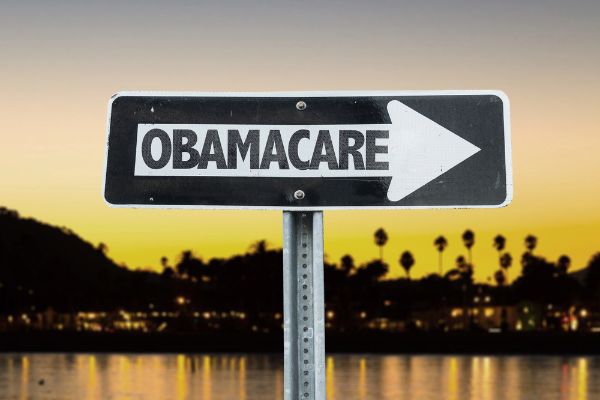The Biden administration has announced a contentious plan to potentially seize patents from pharmaceutical companies if their drug prices are deemed excessively high. This move, revealed this week, is part of a strategy to tackle what the administration describes as “price gouging” in the pharmaceutical industry.
President Joe Biden, in a video statement, emphasized the administration’s commitment to ending excessive pricing, asserting that this action is crucial for making necessary medications affordable for consumers. The plan would leverage “march-in rights,” a concept introduced in the 1980 Bayh-Dole Act. This legislation allows the government to confiscate patents for drugs developed with public funding. The government could then license these drugs to competing manufacturers, theoretically lowering prices.
However, the specifics of this approach, including the criteria for judging a drug’s price as excessively high, remain unclear. White House officials have yet to disclose which drugs could be targeted under this new policy.
This initiative is likely a response to widespread public dissatisfaction with the Biden administration’s economic management, as evidenced by recent polls showing only about one-third of the population approves of Biden’s handling of the economy. While inflation has been a major concern, prescription drugs have not significantly contributed to this inflationary trend. Data indicates that drug prices have mostly decreased over the past year.
The administration frames this patent seizure proposal as part of its broader economic strategy, dubbed “Bidenomics,” aiming to combat special interests and reduce costs for consumers. This move to potentially break drug patents using march-in rights, historically reserved for cases where manufacturers fail to commercialize a product, marks a significant shift in policy.
The pharmaceutical industry, represented by groups like PhRMA, warns that this policy could hinder future drug development. They argue that government research is vital for breakthroughs, as seen with COVID-19 vaccines, and that this new approach might deter investment and innovation.
Critics of the Biden administration view this patent seizure proposal as politically motivated, comparing it to the challenged student loan forgiveness plan. They believe it faces legal obstacles but is intended to garner political support despite its questionable feasibility in practice.





Comments are closed.